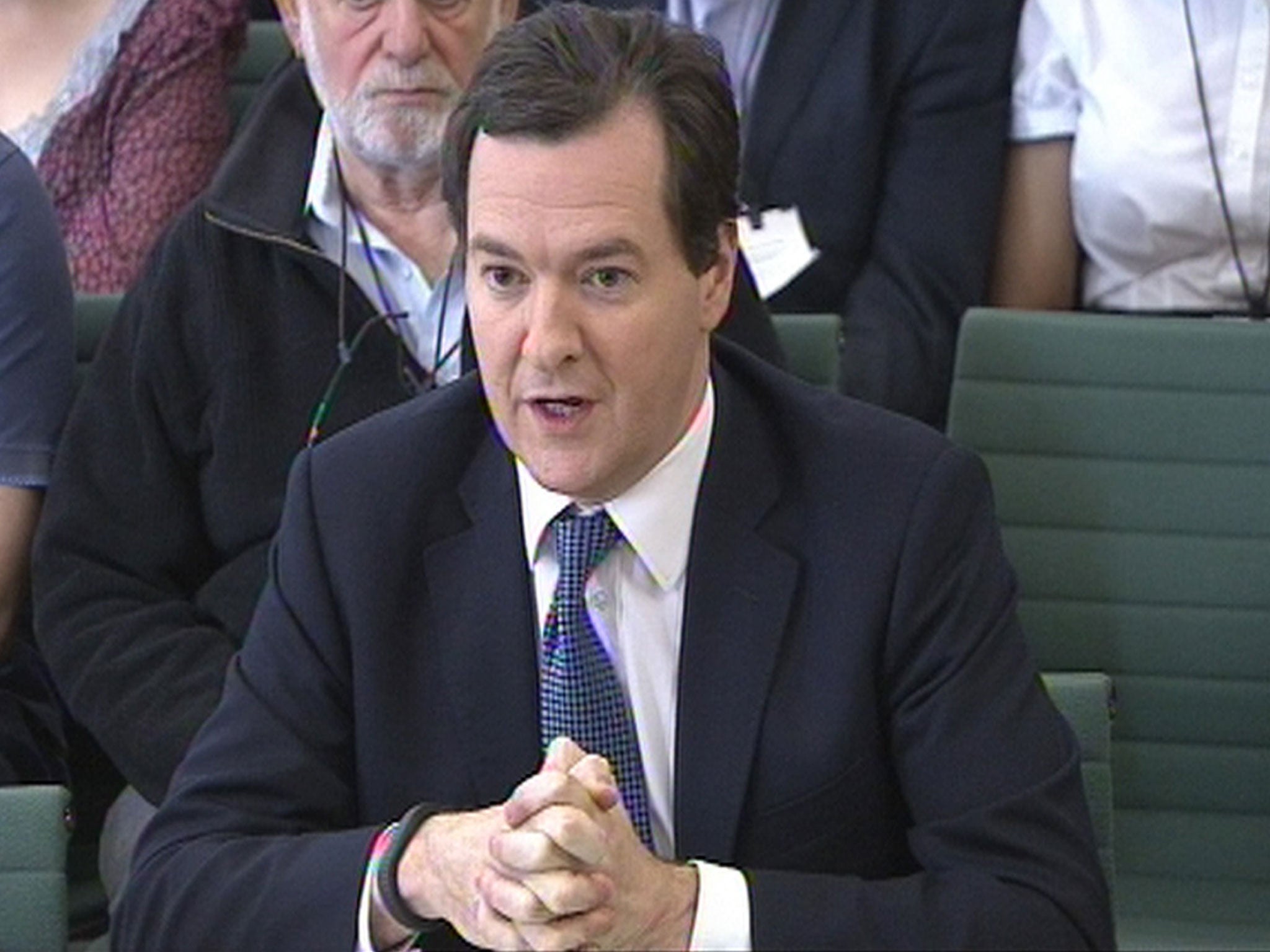Another blow for the Government: Public sector borrowing £500m higher than 2012

There is no sign yet of the improvement in the economy feeding through to the public finances as official figures showed that government borrowing in June was up slightly on the same month in 2012.
The Office for National Statistics (ONS) said that public sector borrowing – on an underlying basis – was £12.4bn last month, £500m higher than in June 2012.
“While other indicators are pointing to signs of life in the UK economy the public finances have yet to see much of a boost from the nascent upturn” said Martin Beck, of Capital Economics.
In another blow for the Government, the deficit for May was revised up by £2.2bn because the ONS said that the Treasury could no longer count on that sum flowing from a tax avoidance deal with Switzerland.
Overall, the figures indicate that the deficit for the present financial year is likely to be broadly the same as last year, suggesting that George Osborne is making no headway in bringing down the deficit in 2013/14.
However, there was some consolation for the Chancellor in the ONS announcement that it has revised down its estimate for borrowing in 2012/13 by £2.3bn to £116.4bn on the back of higher tax receipts than first estimated in the previous financial year.
This means that the overall deficit fell on 2011-12 when public borrowing was £118.5bn. Last month the ONS estimated that borrowing rose slightly between the two years, undermining the Chancellor’s claims that he has presided over a fall in the annual deficit.
In March the Office for Budget Responsibility forecast that the deficit for the present financial year – excluding temporary factors such as the transfer of funds from the Royal Mail pension fund and Gilt coupon payments from the Bank of England’s Quantitative Easing programme would come in at £120.9bn, or 7.5 per cent of GDP.
Over the first three months of 2013/14 cumulative borrowing has been £35.9bn, roughly the same as at this stage in the previous financial year.
Join our commenting forum
Join thought-provoking conversations, follow other Independent readers and see their replies
Comments
Bookmark popover
Removed from bookmarks